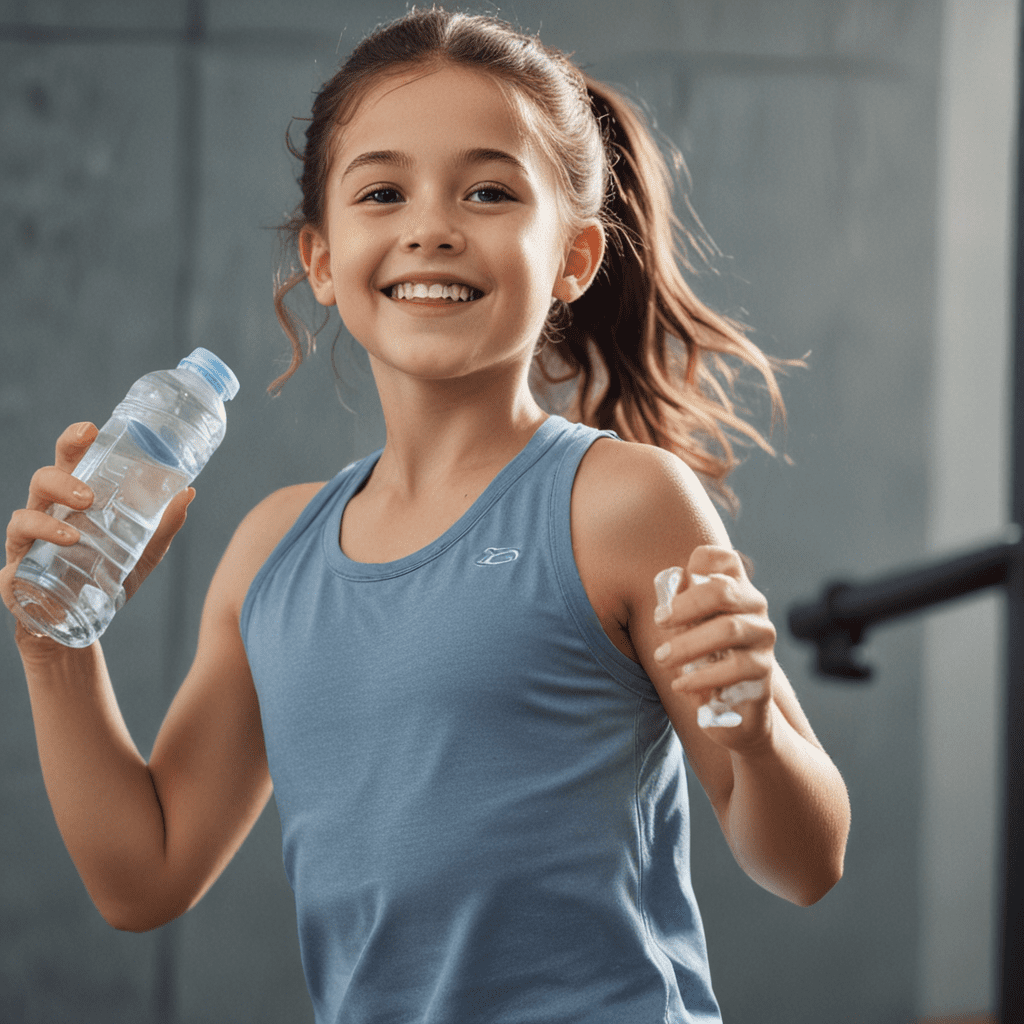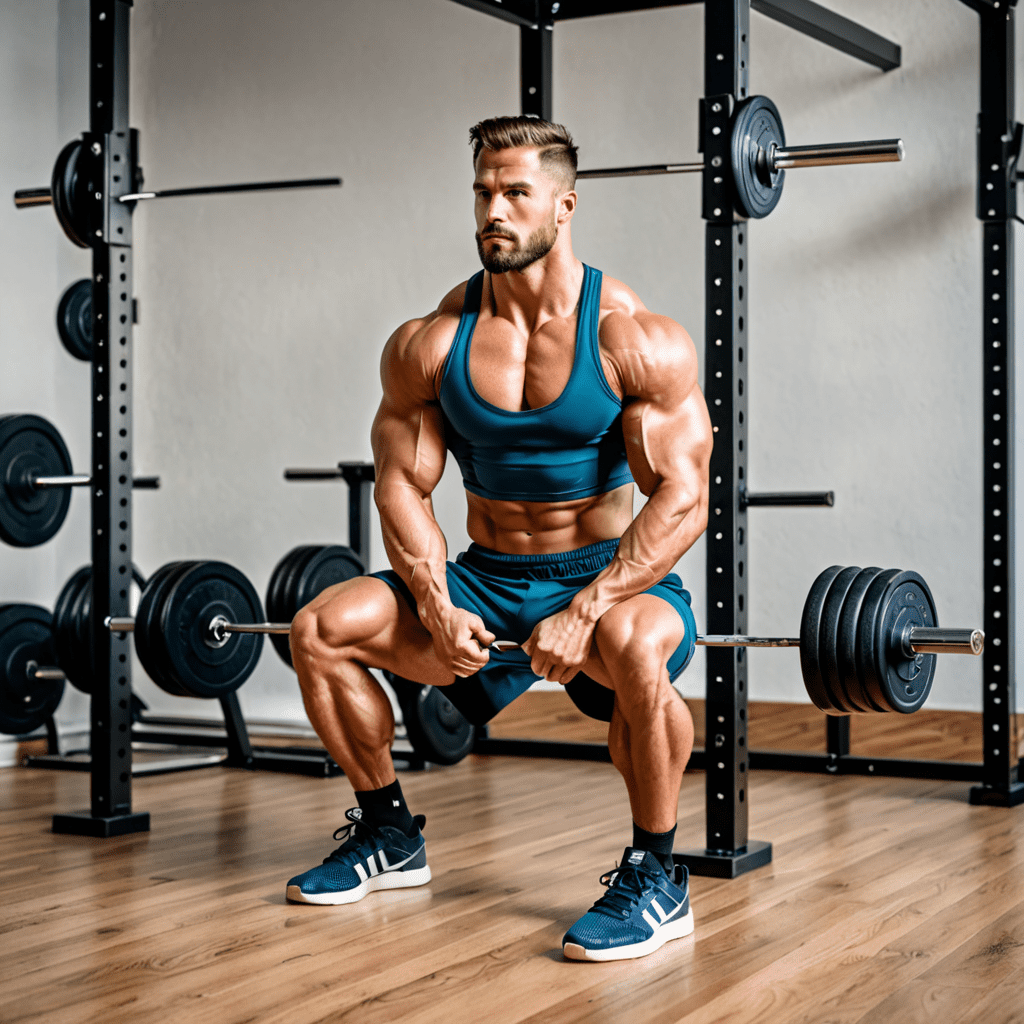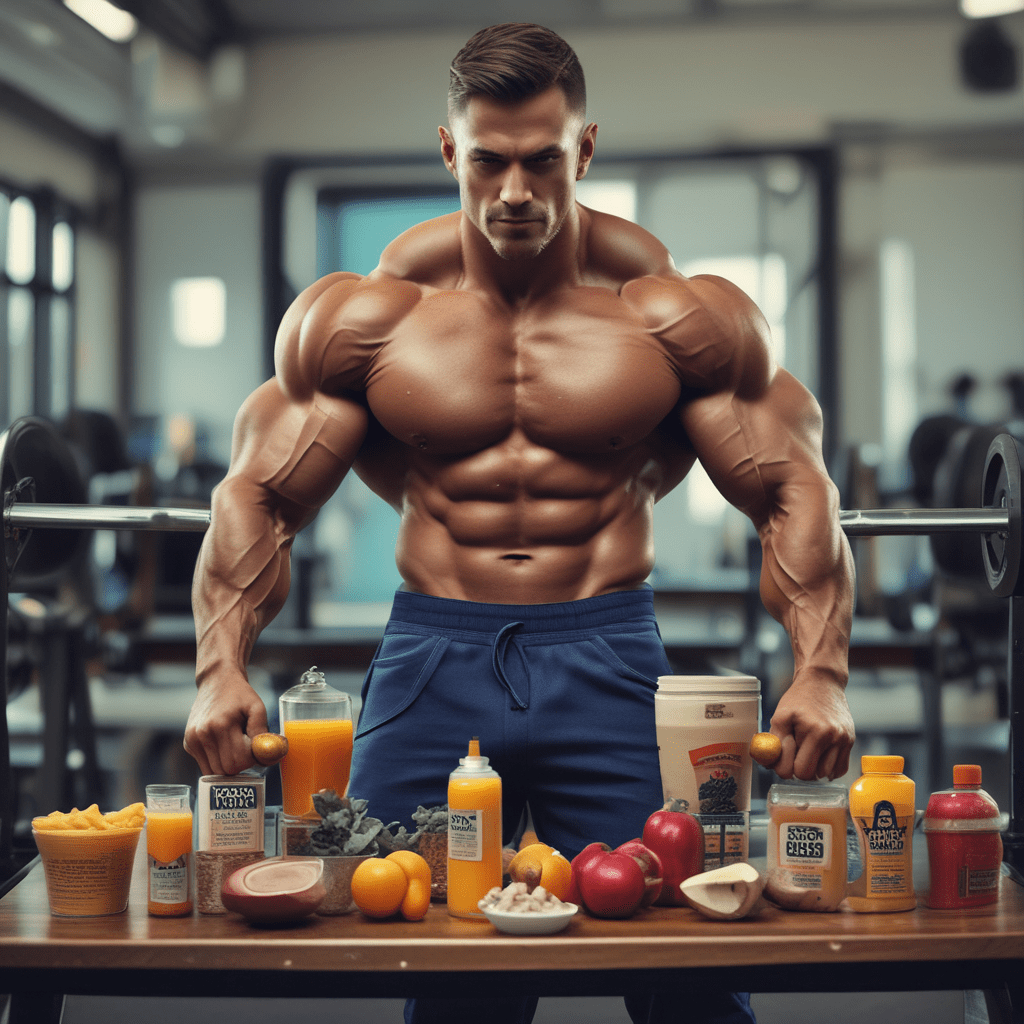
Hydration Tips for Active Kids
1. Encourage Frequent Water Breaks
Adequate hydration is crucial for maintaining optimal physical and cognitive performance in active children. Encouraging frequent water breaks throughout the day, especially before, during, and after exercise, is essential to prevent dehydration. Regular water intake helps replenish fluids lost through sweat and maintain proper electrolyte balance, ensuring that kids stay energized and focused during activities.
2. Use a Reusable Water Bottle
Providing active kids with a reusable water bottle that they can easily carry around promotes convenient and timely hydration. Having a water bottle within reach encourages them to sip water regularly, reducing the risk of dehydration and associated health problems. Opt for bottles made from BPA-free materials to ensure the safety of your child's water.
3. Add Electrolytes to Water
For highly active kids engaged in intense physical activity, adding electrolytes to their water can be beneficial. Electrolytes, such as sodium, potassium, and chloride, are lost through sweat and play a vital role in maintaining fluid balance, muscle function, and overall hydration. Consider using electrolyte-enhanced sports drinks or adding electrolyte tablets or powders to their water to replenish these essential minerals.
4. Avoid Sugary Drinks
Sugary drinks, including sodas, sports drinks, and juice, can provide temporary hydration but can also contribute to weight gain, tooth decay, and other health issues. The high sugar content in these beverages can lead to dehydration as the body tries to dilute the sugar concentration. Encourage kids to opt for plain water over sugary drinks to maintain proper hydration and overall health.
5. Consider Hydration Supplements
In some cases, active kids may benefit from using hydration supplements. These supplements, such as oral rehydration solutions or electrolyte-rich tablets, can provide a quick and effective way to replenish fluids and electrolytes, especially after strenuous exercise or in hot weather conditions. Consult with a healthcare professional before giving hydration supplements to children to determine the most appropriate options based on their individual needs.
6. Monitor Urine Color
The color of your child's urine can provide insights into their hydration status. Ideally, urine should be pale yellow or almost clear. Darker yellow urine indicates dehydration, while very light urine may suggest overhydration. Encourage kids to use the bathroom regularly and observe the color of their urine to ensure they are adequately hydrated.
7. Hydrate Before, During, and After Exercise
Hydration is crucial before, during, and after exercise to maintain optimal performance and recovery. Offer your child plenty of water to drink 30 minutes before exercise, and encourage them to sip water regularly throughout their workout. After exercise, it is essential to replenish the fluids lost through sweat by consuming a sports drink or electrolyte-enhanced water.
8. Offer Water-Rich Snacks
Incorporating water-rich snacks into your child's diet can contribute to their overall hydration. Fruits and vegetables, such as watermelon, cucumbers, and celery, are excellent sources of water and can help keep kids hydrated. Frozen fruits can also be a fun and refreshing way to provide hydration.
9. Make Hydration Fun
To encourage kids to stay hydrated, make drinking water more enjoyable. Use colorful straws, add slices of fruit to water, or turn water into a game. You can also use apps that track water intake and set hydration goals, making it more engaging for kids.
10. Educate Kids about Hydration Importance
Educating kids about the importance of hydration helps them understand why staying hydrated is crucial for their health and well-being. Explain how water supports various bodily functions, such as regulating body temperature, transporting nutrients, and removing waste. Encourage them to ask questions and foster a positive attitude towards hydration.
Frequently Asked Questions (FAQs):
Q: How much water should my active child drink per day?
A: The amount of water a child needs depends on factors such as age, weight, and activity level. A general guideline is to drink eight glasses of water per day.
Q: What are the signs of dehydration in children?
A: Symptoms of dehydration in children can include fatigue, dizziness, headache, decreased urine output, and dry mouth.
Q: Can sports drinks be beneficial for active kids?
A: Sports drinks can be beneficial for active kids, especially during intense exercise, as they contain electrolytes that help replenish those lost through sweat. However, they should be consumed in moderation and not replace plain water.
Q: When should I consult a healthcare professional about my child's hydration?
A: If you are concerned about your child's hydration status or they exhibit signs of severe dehydration, such as rapid heart rate, low blood pressure, or loss of consciousness, seek medical attention immediately.


